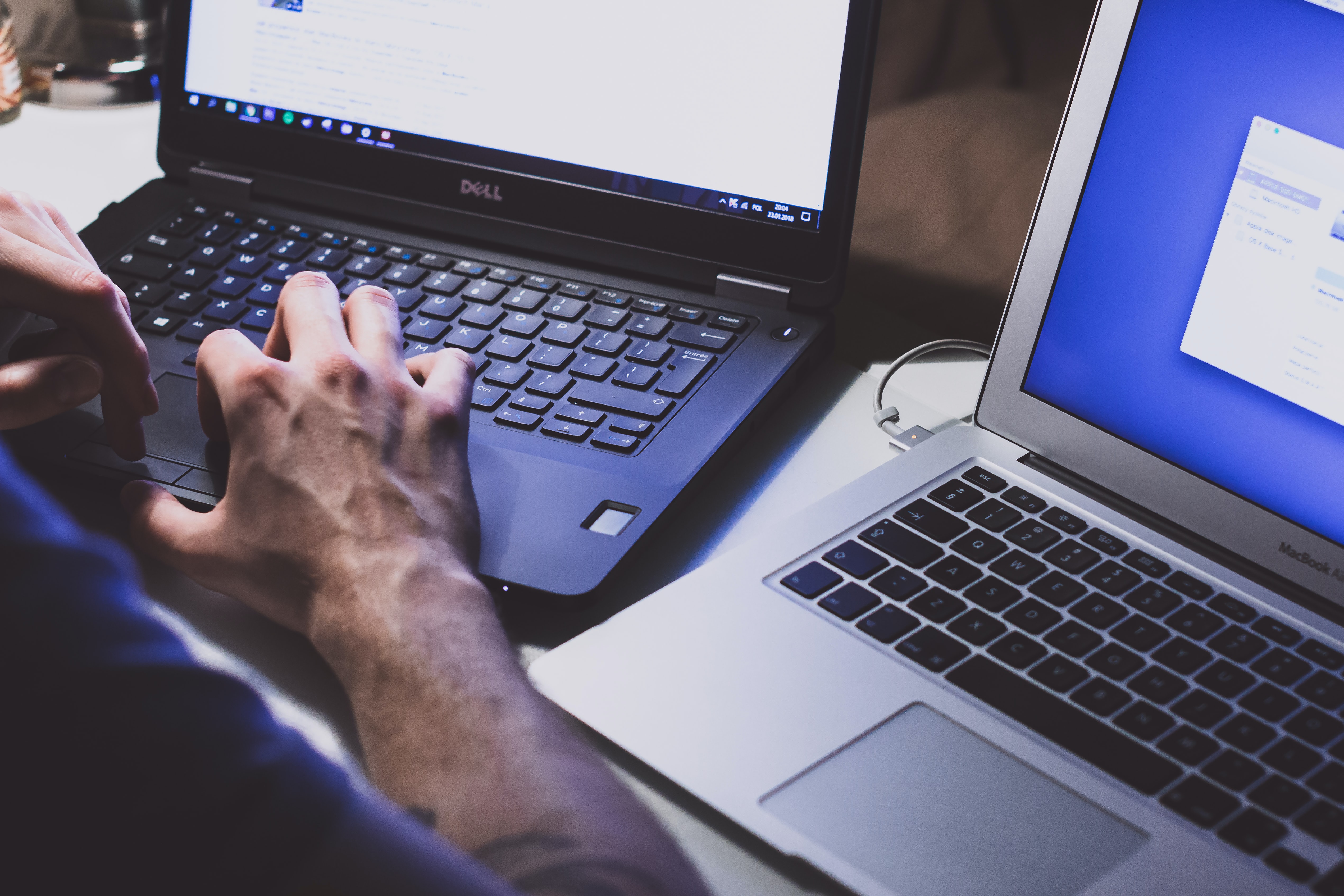
The recent months have witnessed some of the biggest changes in the online world-remote working. Cybersecurity demand has sprung to the top of the business to-do list, owing to the sudden shift of workplace from the office environment to the home underlining a bunch of new threats within a remote-working environment. This is further worsened by opportunistic cyber crooks hoping to take benefit on the situation, with businesses facing hidden cybersecurity problems as the odds of working from home emerges evermore.
Businesses are adjusting to the current scenario, laying out their investments, reprioritizing them and fast-tracking projects responsible for reinforcing IT security. A recent report suggests how the novel Coronavirus will impact the landscape of cybersecurity going forward.
To conclude, Covid-19 is hastening the digital transformation of cybersecurity. Listed below are a few ways the pandemic is carving the future of cybersecurity.
Diverse datasets result in better intelligence
This year has been a year of skimming attacks, phishing scams and a bunch of other cybersecurity nasty activities seeking to exploit the unparalleled situation. According to the latest cybersecurity reports, over 54% of security experts reported a boost in phishing attacks since the outbreak of Covid-19. However, the unprecedented situation has also underlined the ability of cloud-based tools and datasets in challenging cybersecurity attacks as they move across the globe.
The cybersecurity experts in its report reported that it had tracked over eight trillion daily threat signals using a wide range of products, feeds, and services, amalgamating both human knowledge and automated tools to spot new Coronavirus-themed threats before it reaches its end users.
Digital Empathy
Employees working from home meant organizations had to swiftly ensure that employees were set up with the necessary tools and networks to work smoothly from the comfort of their home. Owing to the pandemic, companies have started recognizing that the apps that boost productivity, positive user-end experience and collaboration are essential for building a healthy remote work culture. The report identifies this as ‘Digital Empathy’- which means ensuring that the end-user experience is global.
The report suggests boosting productivity and end-user experience for employees is the top priority of security business leaders.
Cloud-based is a must for security
The report also revealed that the majority of phishing attacks, almost 36%, reported were notably higher from companies that their resources mostly on-premises compared to the cloud-based. Besides, the report also revealed that over 40% of businesses said they plan to prioritize investments in cloud security to take the edge off from breaches, followed by data and information security and anti-phishing tools.
Zero Trust Journey
Most security professionals think of zero trust as a crucial part of their cybersecurity approach, yet many still have a long way to go. Back when zero trust was merely an option has now shifted to becoming a business priority in the early days of the Covid-19, as business leaders struggled to get a hand on the inflow of new, likely unsecured devices accessing into the office network from home. Owing to the growth in remote work, over 51% of business leaders are ramping up the deployment of zero trust capabilities. If the reports are to be believed, this will in due course become industry standard.
For more news and daily updates, visit excellimatrix.com